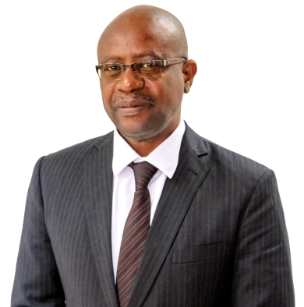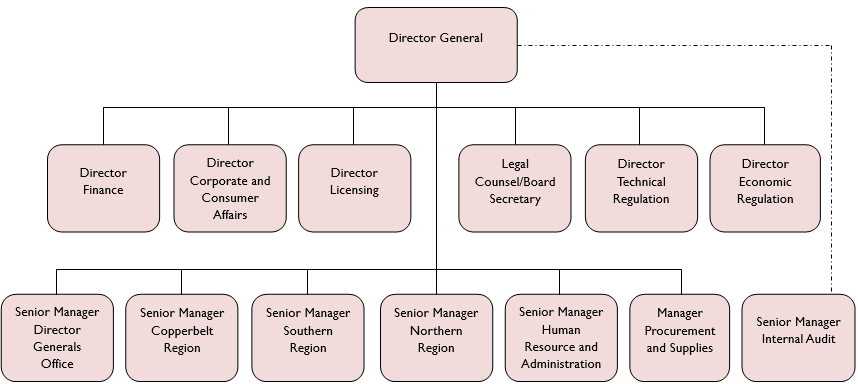About Us
To be the benchmark of excellence in energy regulation in Africa
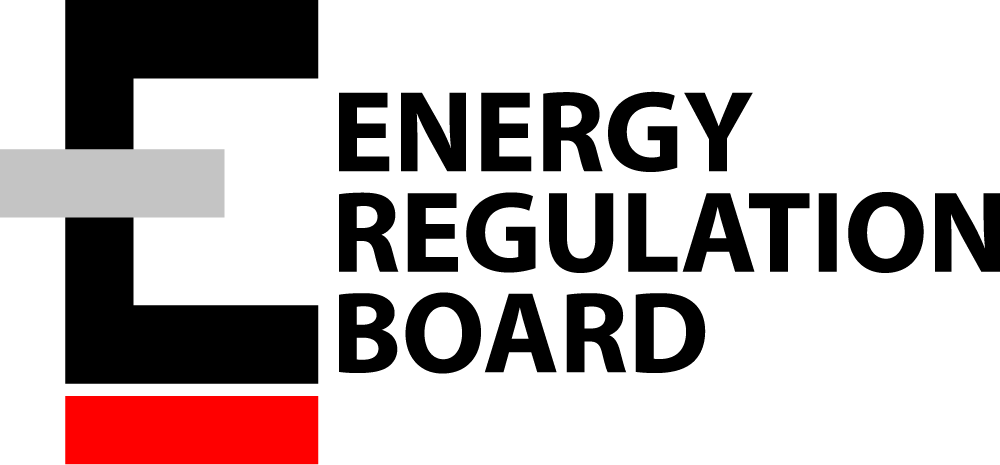
The ERB’s vision is to become the benchmark of excellence in energy regulation in Africa by 2026 through the adoption of robust and resilient systems that respond to the changing needs of the energy sector to ensure the attainment of sustainable, reliable, and quality energy products and services.
Mission Statement
“Efficiently regulate the energy sector and be responsive to stakeholder needs to achieve sustainable, reliable, and quality energy products and services…”
Core Values
In carrying out its mandate, ERB is guided by and adheres to the following core values:
Teamwork
We respect and support individual strengths and skills for the collective achievement of our goals;
Integrity
We always do the right thing, at the right time in the right way;
Predictability
We are proficient, professional, consistent, fair, and reliable;
Innovation
We continually pursue improved techniques to provide the best solutions;
Transparency
We are accountable, open, and straightforward in our operations;
Being one of the pioneer energy regulators in the Southern African region, ERB seeks to leverage on its vast regulatory experience to attain excellence in its operations at domestic and regional level. This is consistent with the aspirations of the Government as enshrined in the Vision 2030, National Energy Policy, Eight National Development Plan (8NDP) and Sustainable Development Goals among others. Ultimately, ERB seeks to ensure stakeholder satisfaction in the energy sector which is a key driver for spurring economic development.
OUR ORIGIN
The adoption of the liberalisation policy in the 1990s in Zambia brought major changes in the the energy sector which was previously characterised by monopolies operating under extensive government control. This did not allow competition as it stifled growth, denying the sector capital that is vital for its growth.
The first initiative was the creation of a ministry responsible for energy. This was followed by the formulation of the National Energy policy to guide developments in the energy sector.
It was during the National Energy Policy development initiative that extensive consultations with stakeholders indicated the need for an autonomous Energy Regulatory Authority for fruitful liberalisation and private sector participation in the energy sector. The Energy Regulation Board (ERB) was consequently created under the Energy Regulation Act of 1995 Chapter 436 of the Laws of Zambia following the issuance of Statutory Instrument number 6 of 1997, the Energy Regulation Act (Commencement Order) of 27th January 1997.
OUR FUNCTIONS
- To issue licenses;
- To monitor the efficiency and performance of the undertakings;
- To receive and investigate complaints from consumers on price adjustments;
- To receive or investigate complaints from consumers and licensed undertakings on services provided by the undertakings and regulate such services;
- To approve and investigate complaints concerning the location or construction of any energy or fuel facility or installation;
- In conjunction with the Zambia Competition Commission, investigate and monitor the levels and structures of competition within the energy sector with a view to promoting competition and accessibility;
- In conjunction with the Zambia Bureau of Standards, design standards with regard to the quality, safety and reliability of supply of energy and fuels;
- In conjunction with the Environmental Council of Zambia, formulate measures to minimise the environmental impact of the production and supply of energy and fuels.
Abridged
The BOard OF DIRECTORS
The Board of Directors is the highest decision-making of the institution responsible for providing strategic direction and management oversight. The Board consists of seven part-time members appointed by the Minister of Energy. The current board was appointed in December 2021, and can be seen below.
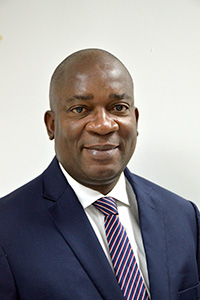




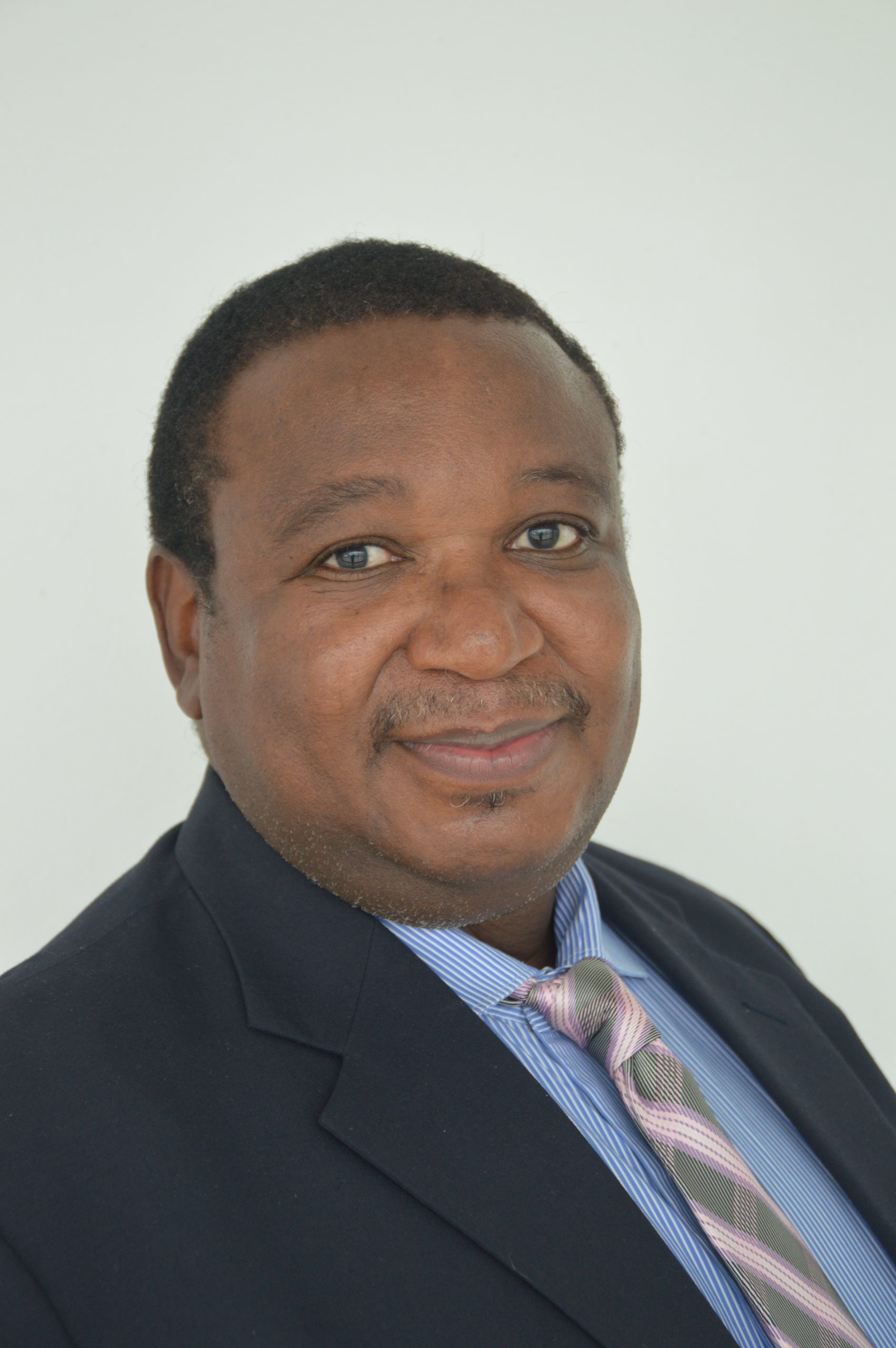

To carry out its mandate effectively, the Board is assisted by four (4) Committees as follows:
a) Audit and Risk Committee (ARC);
b) Consumer Affairs Committee (CAC);
c) Finance, Human Resource and Administration Committee (FHRAC); and
d) Technical Committee (TC).
Executive Management Team
Management is headed by the Director General who is responsible for the day to day operations of the institution. The Director General oversees the operations of the institution and is assisted by five Directors.
